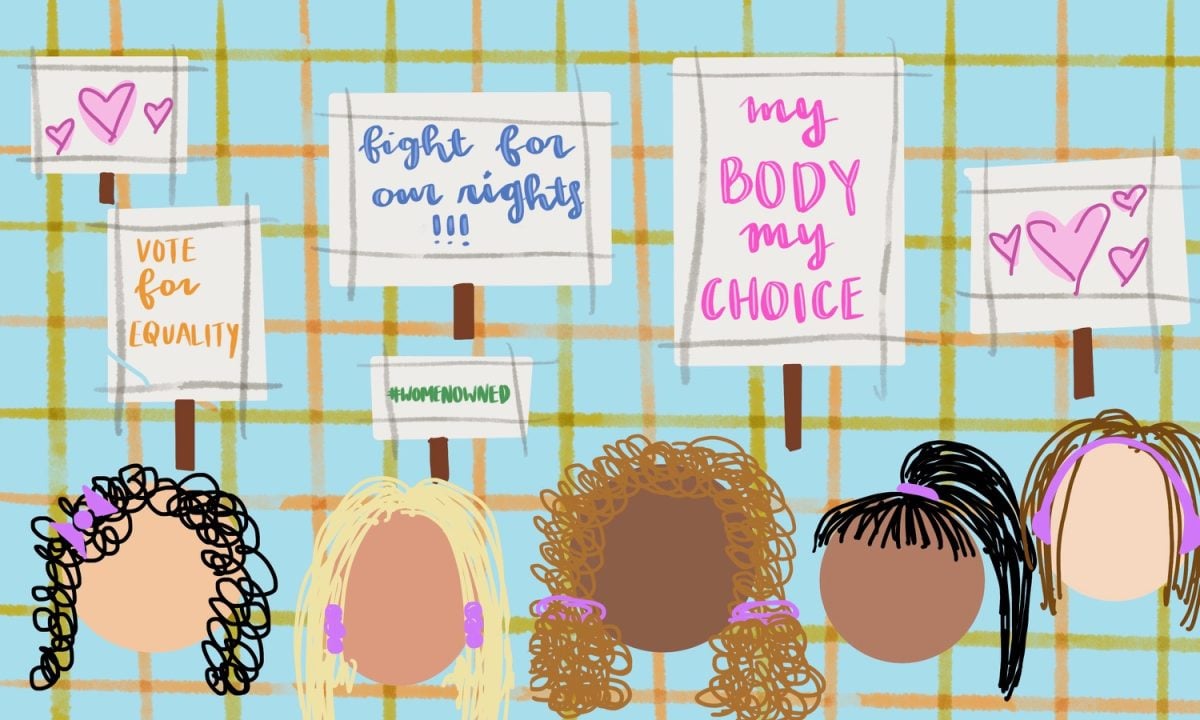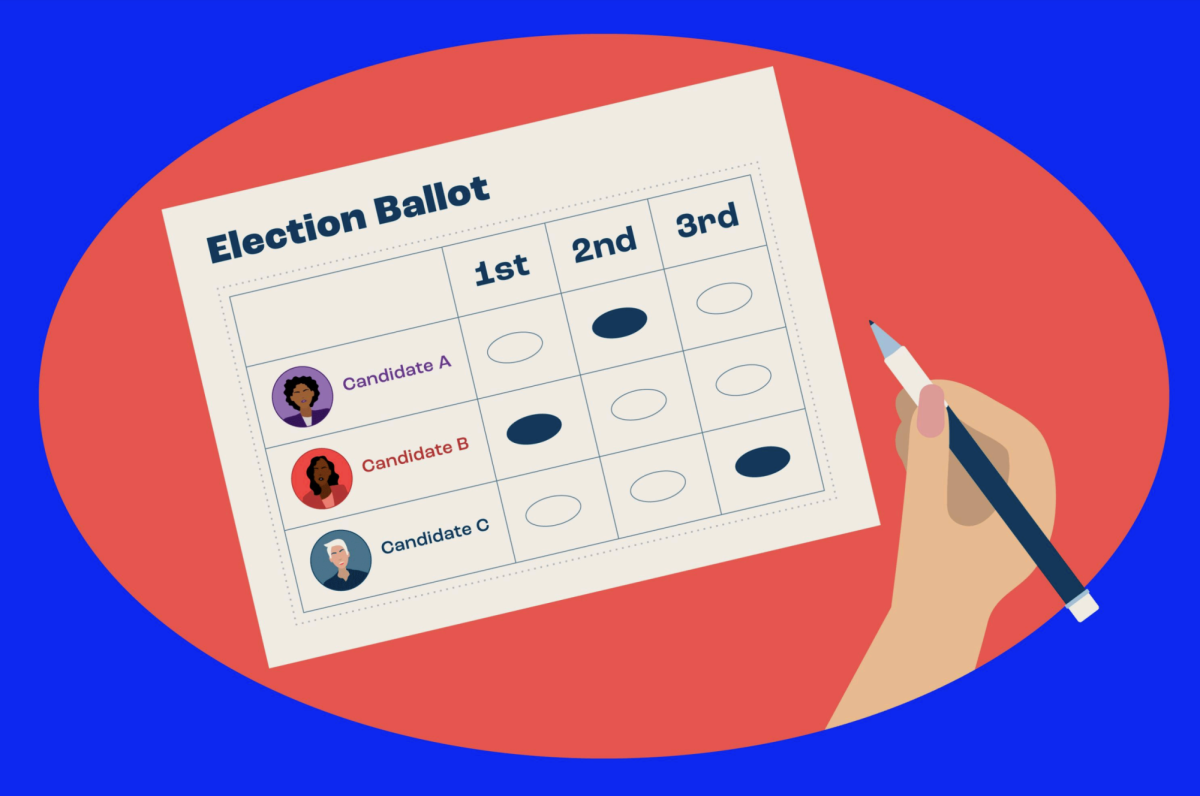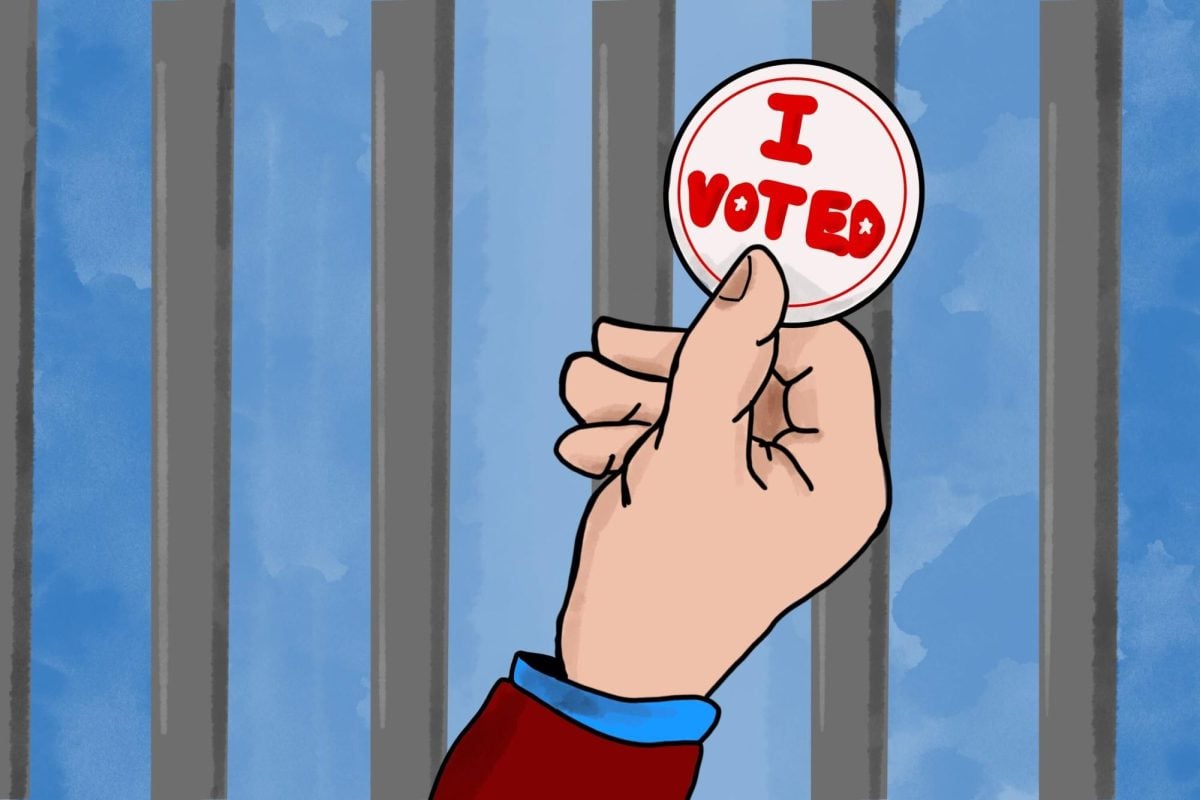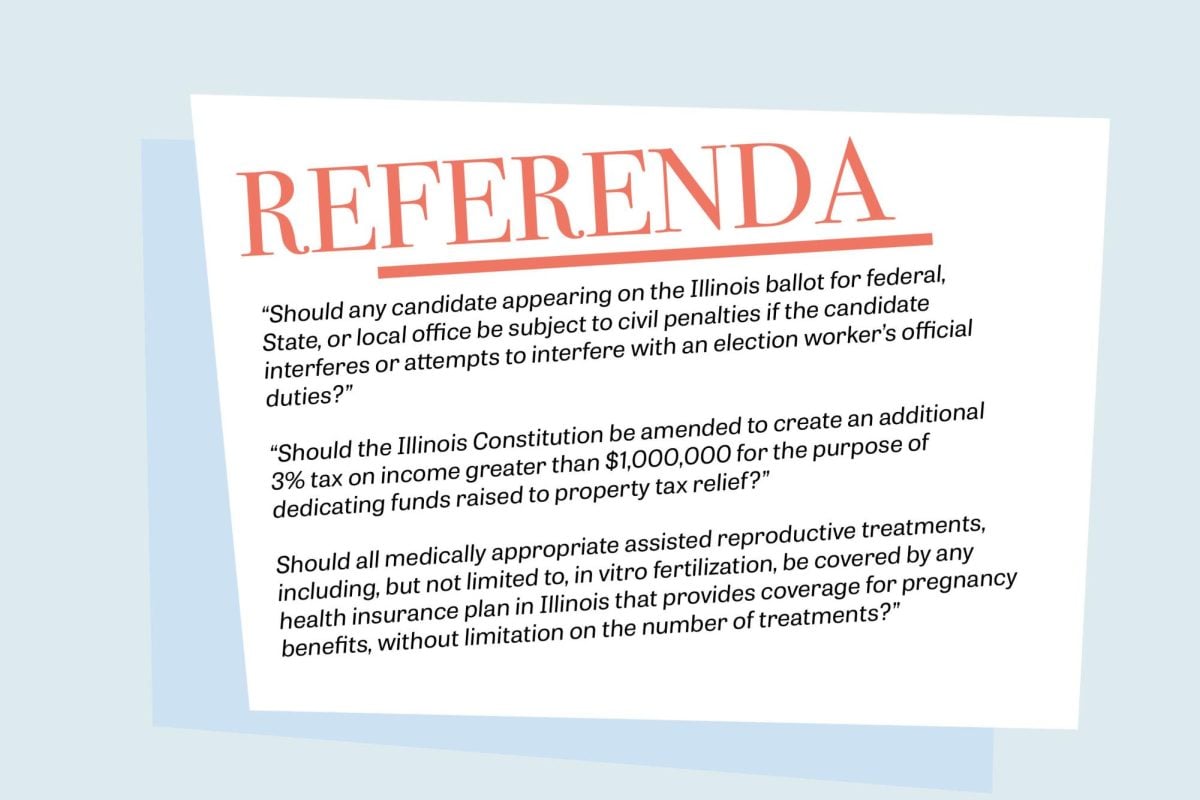Rod Blagojevich became the fourth recent Illinois governor convicted of felonies Monday when a federal jury found him guilty on 17 out of 20 corruption charges.
After 10 days of deliberation, the jury convicted him of wire fraud, attempted extortion, bribery and conspiracy, including all 11 counts of trying to barter for political favors with the Senate seat formerly occupied by President Barack Obama.
Blagojevich, who graduated from Northwestern in 1979 and spoke on campus in March 2010, described himself as “stunned” by the outcome, according to the Chicago Tribune.
This trial was Blagojevich’s second in the past year. In his first, which ended last summer, the jury convicted him of lying to the FBI but deadlocked on 23 other charges, setting the stage for a retrial. A single juror refused to rule him guilty of selling Obama’s Senate seat.
This time, prosecutors streamlined the case, according to NU criminal law Prof. Ronald J. Allen. They dropped charges of wire fraud, extortion and bribery against his brother as well as charges against Blagojevich under the complex Racketeer Influenced and Corrupt Organizations Act.
The defense altered its approach as well. In Blagojevich’s earlier trial, he did not testify. This time, he took the witness stand for seven days, which Allen described as an act of desperation by Blagojevich’s lawyers.
“They saw that he was within a whisker of being convicted of 14 or 15 counts last time, so they had to try something different,” Allen said.
But the absence of the lone juror who refused to convict Blagojevich in his previous trial made more difference than any change in tactics, Allen said. Although some commentators have described the conviction this time as a hard-won victory for U.S. Attorney Patrick Fitzgerald, Allen said he considers it inevitable.
“It’s clear to everyone that he just flat out got lucky (the first time),” Allen said.
In the short term, Blagojevich’s verdict might make politicians aware they are not above the law, Allen said. But only a significant shift in the priorities of Illinois voters could bring lasting change to the infamously corrupt environment of Illinois politics, in which three former governors – Otto Kerner, Dan Walker and George Ryan - have spent time in prison since 1973.
“This is not going to clean up the swamp of Illinois politics by any means,” Allen said.
rebeccacohen2013@u.northwestern.edu













